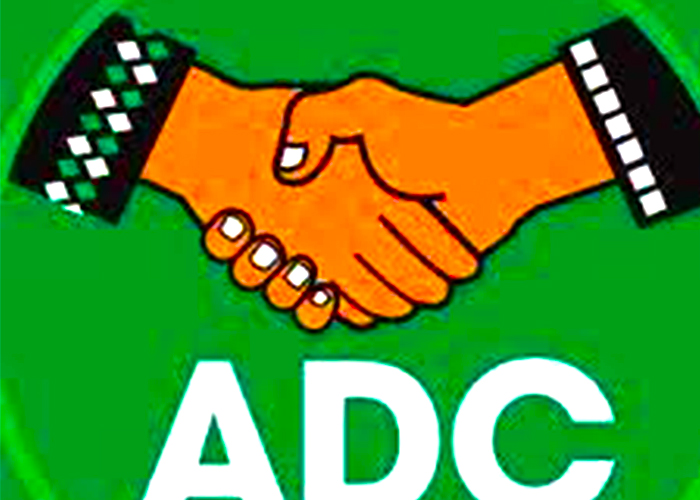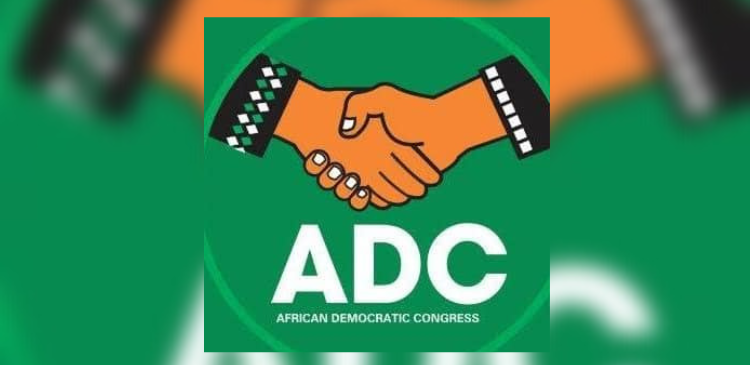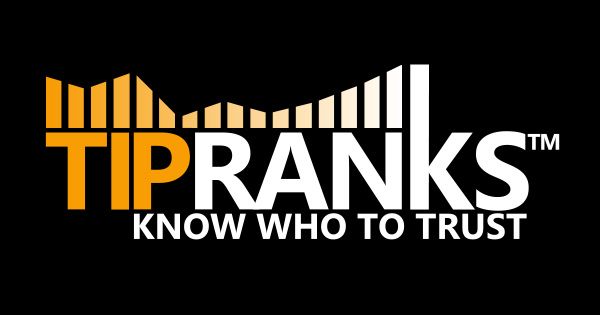2027 realignment: ADC emerges as unlikely hub amid opposition cracks
As Nigeria’s opposition parties grapple with internal division and waning cohesion, the African Democratic Congress (ADC) is positioning itself as a neutral political platform for key contenders seeking to challenge President Bola Tinubu in the 2027 election.
The ADC, which has historical ties to former President Olusegun Obasanjo, has entered into talks with former Vice President Atiku Abubakar and former Anambra State Governor Peter Obi. Both men, prominent figures in the last presidential race, are said to be evaluating the ADC as a coalition vehicle as their home parties, the Peoples Democratic Party (PDP) and Labour Party, face internal fractures.
Speaking at a press conference, ADC leader Mani Ahmed signalled that an agreement is near. “I can categorically inform you that the African Democratic Congress is the coalition party in Nigeria. What remains is merely dotting the i’s and crossing the t’s,” he said.
According to The Africa Report, an associate of Atiku confirmed that talks had reached an advanced stage, though the former vice president is closely monitoring whether the PDP can resolve its longstanding internal crisis.
“Atiku is still weighing his options along with Obi. Should the PDP collapse irretrievably, then the ADC will become the platform of choice,” The Africa Report said, quoting an unnamed source.
The PDP has been locked in a three-way power struggle among Atiku’s loyalists, a faction led by former Rivers State Governor Nyesom Wike, now part of Tinubu’s federal cabinet, and another group under Bauchi State Governor Bala Mohammed. Disagreements over zoning, particularly Wike’s insistence that the presidency remain in the South until 2031, have kept the party divided since the 2023 election.
The Labour Party has also struggled to maintain internal coherence. Party chairman Julius Abure has resisted attempts by Obi to steer the party more directly, resulting in the suspension of several of Obi’s allies. The infighting has weakened the party’s structure and dampened its post-election momentum.
While opposition parties attempt to stabilise, Tinubu’s All Progressives Congress (APC) is expanding its influence. In Delta State, a PDP stronghold since 1999, Governor Sheriff Oborevwori and his deputy recently defected to the APC, joined by former Governor Ifeanyi Okowa — Atiku’s former running mate — and other PDP officials. Vice President Kashim Shettima described the mass defection as a “political tsunami of unimaginable proportions that has never happened in the history of the South-South and the history of Nigeria.”
Elsewhere, political shifts continue. Anambra State Governor Charles Soludo of APGA has aligned with Tinubu, and opposition lawmakers in Kano have joined the APC. In Akwa Ibom, PDP Governor Umo Eno has publicly endorsed Tinubu’s re-election bid. Despite this momentum, PDP governors have rejected suggestions of forming a new merger or coalition.
With the landscape shifting, the ADC has presented itself as a refuge for candidates alienated by internal party strife. Though the party has not held federal executive power and has won only limited legislative representation since its founding in 2005, its relatively stable structure has drawn interest. In 2019, it served briefly as a coalition vehicle endorsed by Obasanjo, but ultimately backed Atiku and Obi’s joint PDP ticket.
O
ther alternatives, such as the Social Democratic Party (SDP), have been considered, particularly after former Kaduna State Governor Nasir El-Rufai joined its ranks. However, insiders say the SDP’s own leadership tensions have made the ADC a more attractive fallback.
There is growing speculation that Atiku and Obi could revive their 2019 arrangement. Talks have focused on Atiku running for president again, with Obi returning as his running mate under a shared commitment for Atiku to serve only one term. Obi’s support base has expressed resistance to that formula, citing concerns over hierarchy and political equity.
“Even when Tinubu wasn’t in control of the central government, he never lost an election,” said Busari Dauda, a senior lecturer at the University of Ibadan. “Now that he controls all the levers of power, it is next to impossible for them to stop him. Only God can stop him at this point.”
As the countdown to 2027 continues, the opposition’s ability to coalesce around a unified platform such as the ADC may determine whether the next election offers a competitive alternative or merely consolidates the status quo.












